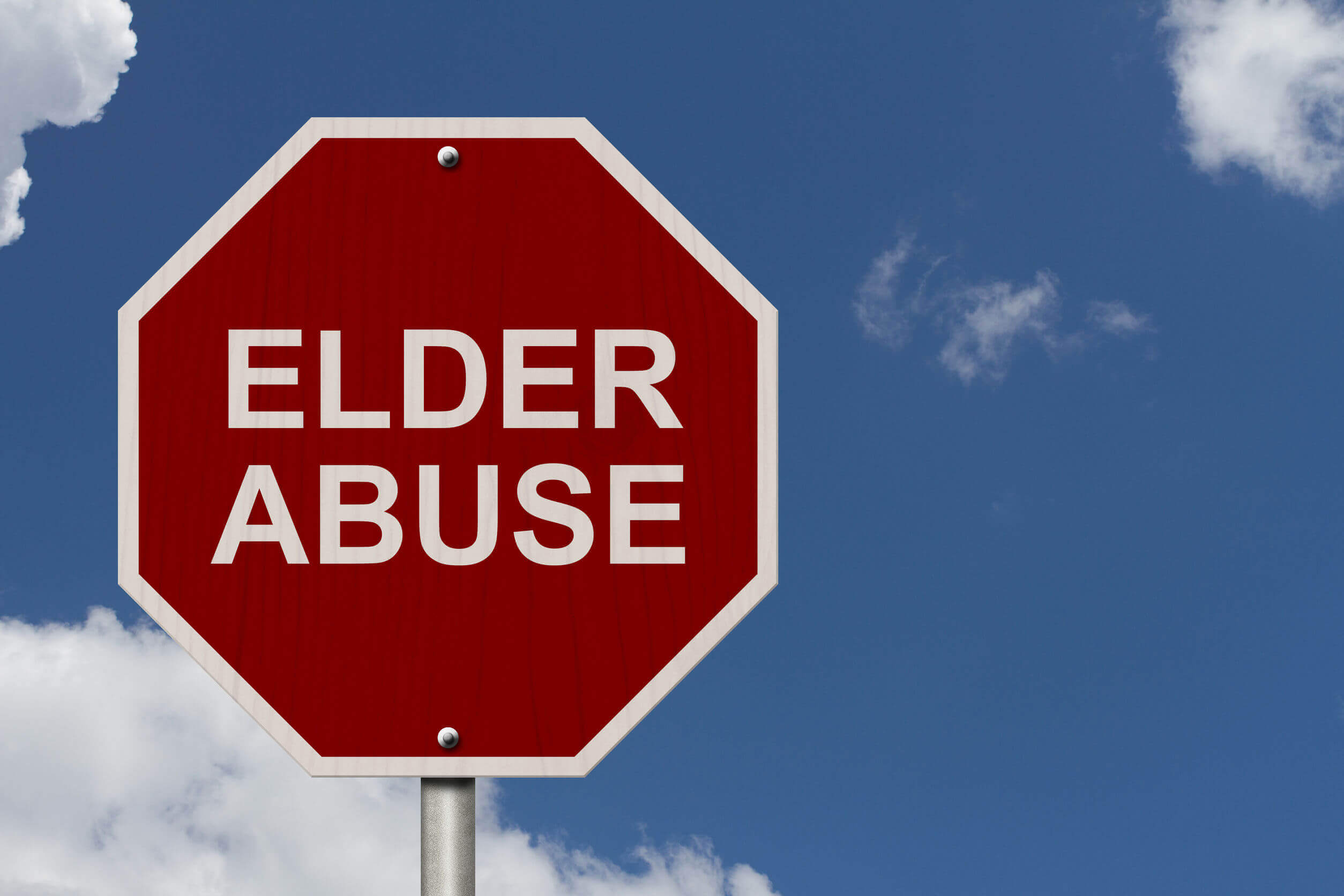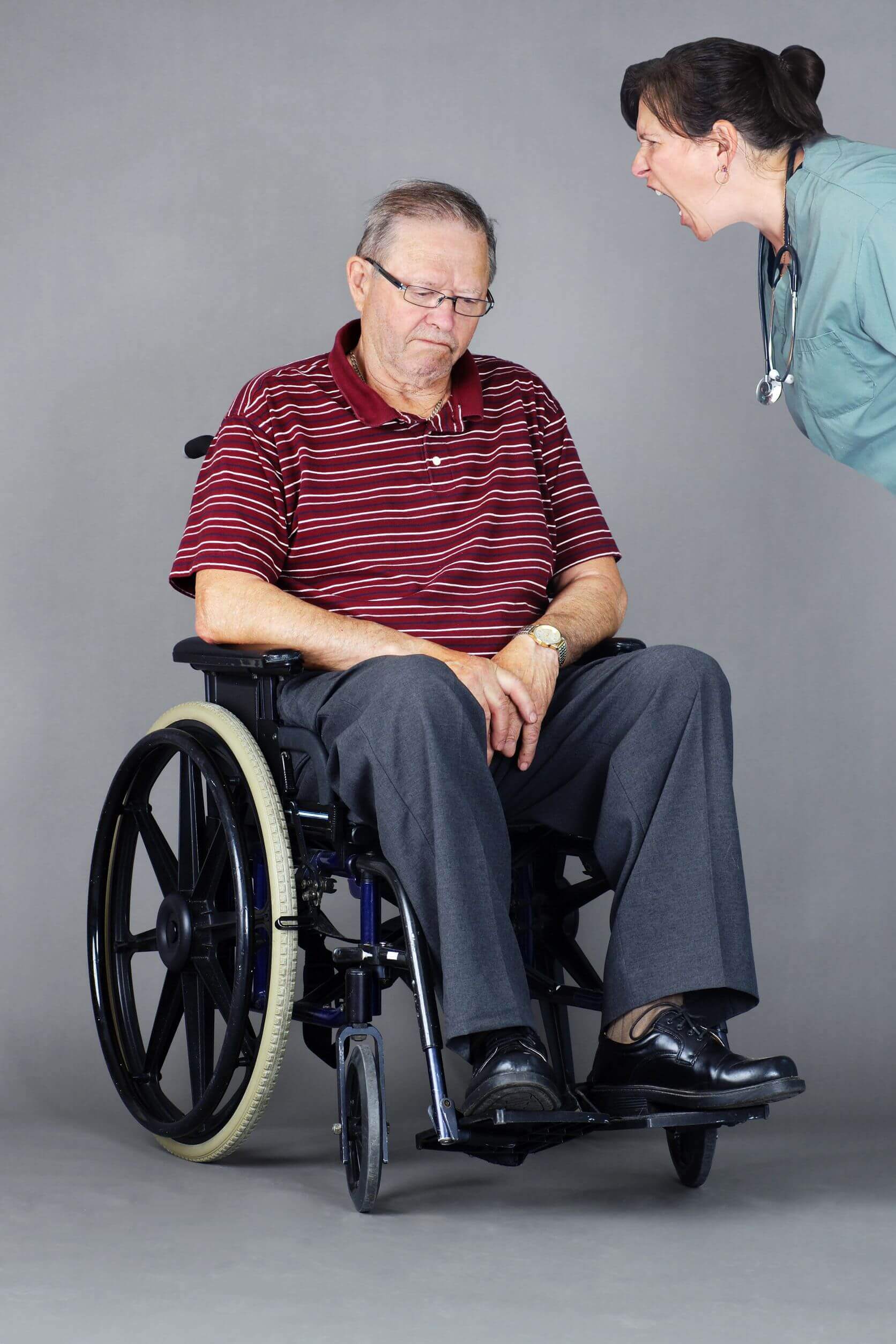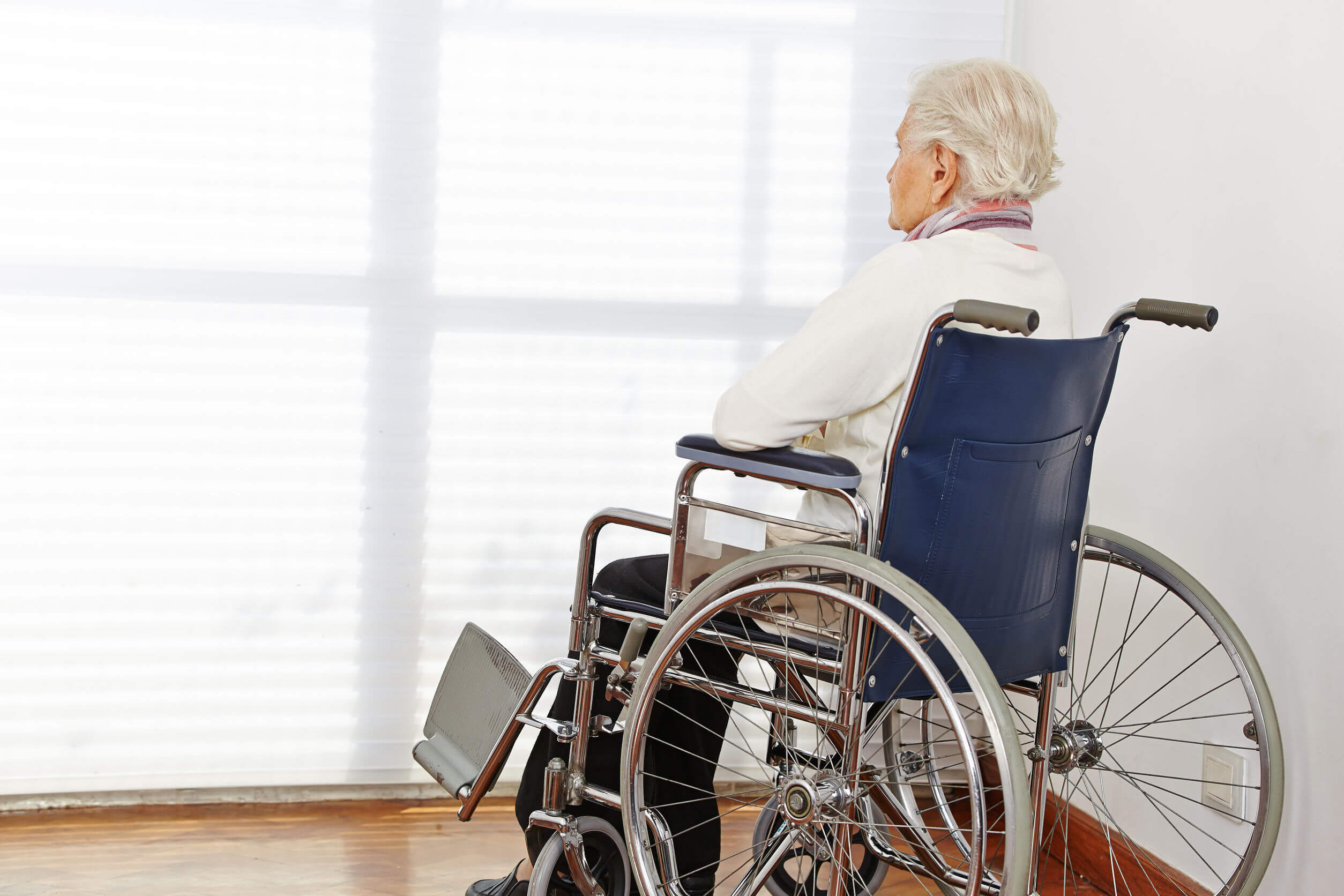There have been a lot of stories over the past several years about how much abuse goes on in nursing homes around the country, and most people are well aware of the fact that many of our seniors are getting mistreated.
But that doesn’t mean you really understand how bad things are. The National Center for Elder Abuse has compiled studies showing that anywhere from 7.6 to 10 percent of all seniors have suffered from abuse. Worse, various studies estimate that only one incident of abuse is reported for every 14 to 24 that occur. And in a study conducted from 1999 to 2001, but only recently reported to the public, researchers found that instances of abuse occur at nearly one-third of all nursing homes in the United States.
If you have an older relative in an assisted living facility or nursing home, this report was probably particularly disturbing, and you may be watching out for signs of physical abuse when you visit. Some of the most common things to look for are bruises, broken bones, clothes that are torn or bloody, marks that seem to be from restraints, and signs of neglect, such as malnutrition, dehydration, bedsores, and a sudden loss of weight. Even excessive injuries from falls, which can be serious or very minor, can be a sign that someone is abusing your loved one.
But while it’s vital that you pay attention to these signs of physical abuse and neglect and report them as soon as you notice them, don’t forget it’s just as important to watch out for signs that your loved one is being psychologically abused.
How Are Seniors Psychologically Abused in Nursing Homes?
There are a number of different ways that seniors can suffer psychological abuse in senior living facilities. Some of them may not even be intentional by the people who are supposed to be taking care of them, but they can still cause lasting harm to your loved one, and caregivers who engage in this kind of behavior – regardless of whether they intended to harm their residents or not – are not living up to the legal obligations of their station.
Verbal abuse. Some caregivers have been known to speak to the elderly people in their care in a manner that is violent, intimidating, threatening, humiliating, dismissive, offensive, or simply hurtful and can leave the resident anxious or scared. Over time, these psychological symptoms can even cause physical problems to manifest when the abuse is serious enough.
Isolation and neglect. While there can be physical signs of neglect for seniors, emotional neglect can cause big problems, too. This happens when caregivers intentionally or unintentionally leave specific residents out and provide them with a lower level of care than other residents. Even if their physical needs are technically being met, this kind of behavior can leave a senior feeling like they don’t matter and cause them to stop taking care of themselves and sink into a depressive state. This form of psychological abuse is difficult to identify and prove unless there are accompanying physical problems, but it does exist.
Signs of Emotional Abuse in Seniors
If you want to know if your loved one is being psychologically abused, the best thing to do is check in on them more frequently so you can see how they are treated and how they interact with everyone around them at the facility. Often, abused seniors don’t report abuse because they are afraid of retaliation or – worse – that they won’t be believed. Some may even feel the treatment is “deserved” or somehow their fault.
Some common signs of psychological abuse in elderly nursing home residents include:
- Visible depression that coincides with their time at the nursing home
- Visible anger that coincides with their time at the nursing home
- Frequently blaming themselves for problems that are insignificant and/or for which they bear no responsibility
- Displaying a high level of anxiety or fear whenever they are around certain people
- “False dementia” – rocking, sucking, and mumbling
Unfortunately, none of these signs are actual proof that any abuse is going on, and can easily be signs of something else entirely. If you notice any of these signs, the first thing you should do is to ask your loved one if anyone is bothering or hurting them. You can also try to talk to other residents who are coherent and staff members that you like and trust.
If it seems like abuse truly is occurring, the first thing you should try to do is move them out of that facility as soon as possible, then talk to the authorities and file a complaint with the Florida Department of Elder Affairs. After you’ve removed your relative from the negative situation and brought the problem to the attention of the appropriate people, contact an experienced elder abuse attorney immediately.
There are a wide variety of claims that you can bring against abusive caregivers and nursing homes, including allegations of physical, verbal, sexual, and financial abuse, as well as neglect. There are different things that need to be proven in each type of case, so it’s in your best interest to work with a knowledgeable professional who can guide you through the legal process and make sure that you and your loved one are compensated for what you had to endure, and that the heinous acts that occurred won’t happen to someone else.






